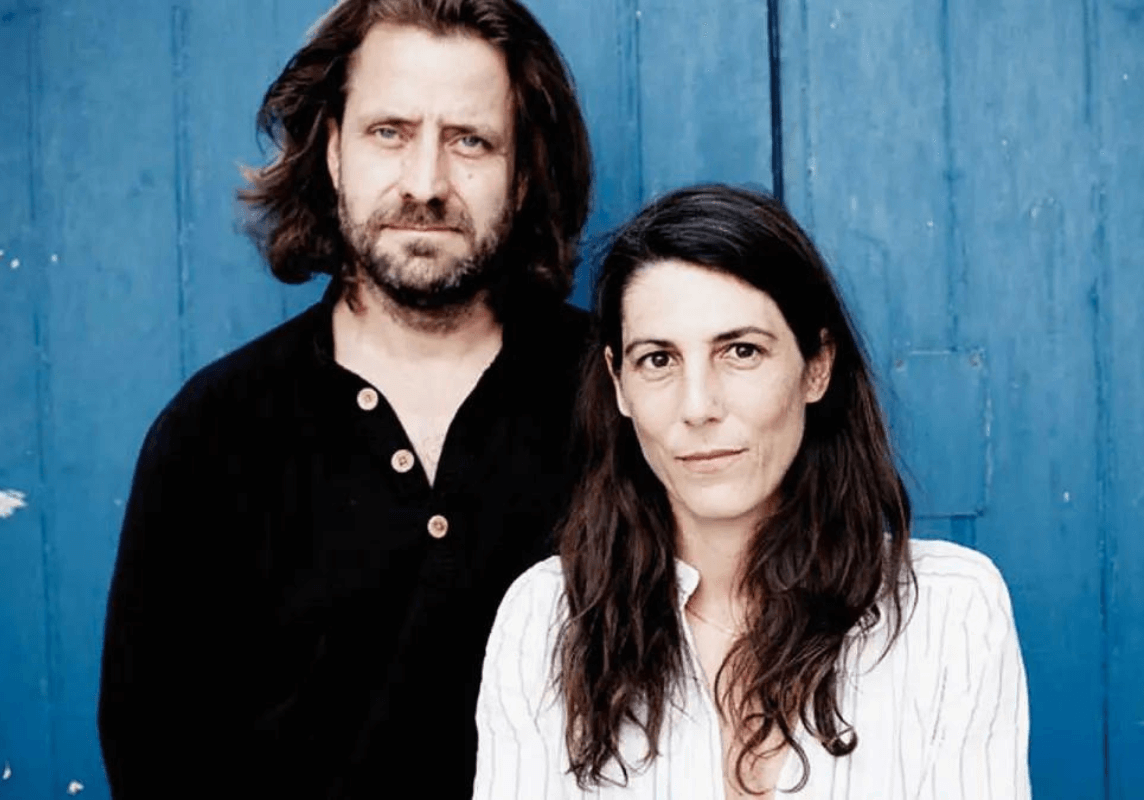
Tribute to Verena Paravel and Lucien Castaing-Taylor
Ten years after the presentation of the seminal Leviathan (2012) and on the occasion of the making of their highly anticipated new film De Humani Corporis Fabrica (2022), the Festival dei Popoli is dedicating a tribute to Lucien Castaing-Taylor and Verena Paravel, in the presence of the filmmakers.
The two filmmakers and researchers are founding members of Harvard's Sensory Ethnography Lab (SEL), a multidisciplinary laboratory that has wrought a veritable revolution within academia, unhinging some of its outdated methodological principles.
Their films decentralize the human gaze and challenge the hierarchy of representations, highlighting the contradictions of the regime of visibility of reality and ethnographic orthodoxy. In a pioneering way, Castaing-Taylor and Paravel have succeeded in posing a distinctly new problem within ethnographic research and documentary cinema with films such as Caniba (2017) and Somniloquies (2017): that of the limits of the human and the presence of the invisible in our way of knowing and recording reality. A concept elaborated in an innovative and disruptive way in De Humani Corporis Fabrica, made inside five Parisian hospitals filming innovative medical diagnostic imaging technologies: the camera accompanies the probes, the scalpels, enters directly into the flesh, forces the eye to participate actively in the surgical operations, challenging the limits of the showable and the bearable.
The pair's gaze has always focused not on human beings as privileged actors in the world but rather on the fabric of affective relationships between natural elements, animals, technology and our physical life-worlds, embracing radically fluid filming modes and formal structures, capable of blending different perspectives and voices in a way that makes their focal point richly multifaceted but their position clear: capable, in a political and radical way, of unhinging the centrality of man in order to revive an order of new relationships among living things.
With the contribution of Città Metropolitana di Firenze and with the collaboration of Fondazione Sistema Toscana, Centro per l'arte contemporanea Luigi Pecci.

